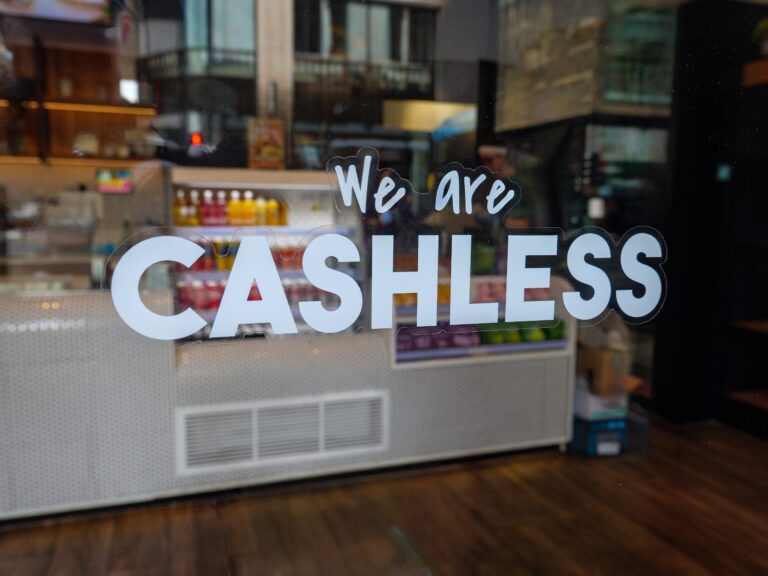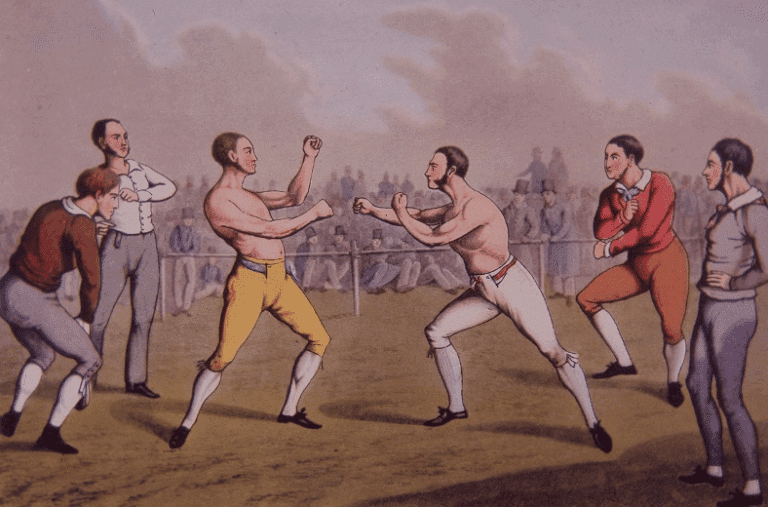While every incoming government indulges in revisionism, house cleaning and new beginnings, Liberal Prime Minister Justin Trudeau is lifting this Revanchist tradition to new heights. Whatever his predecessor Stephen Harper did, Trudeau seems determined to undo. And those things Harper didn’t do or undid, Trudeau appears bent on doing or re-doing. Contrariness has become a policy objective all its own.
Deficits are now virtues to be pursued, rather than the regrettable outcome of circumstances beyond a government’s control. A hike in the retirement age from 65 to 67 will be reversed because, as Trudeau claimed last month, it’s a “simplistic solution.” (Quite so. Simplistic, obvious and absolutely necessary.) Last month’s budget eliminated numerous boutique tax credits as well as income splitting for families, two of the most distinctive features of Harper’s tax policy. Employment Insurance reforms have been undone. Monuments planned for downtown Ottawa and Cape Breton have been scrapped or moved. Dual citizens guilty of terrorism can no longer have their citizenship revoked. Our CF-18s have been recalled from the fight against Islamic State. Even the Conservatives’ much-praised rewrite of the Canadian citizenship guide is to be edited to remove the notion Canada has a military tradition worth bragging about.
On the re-do side of the ledger, a tax credit for wealth-destroying labour-sponsored venture capital corporations, which Harper mercifully killed, has been bizarrely revived. There will be a federal inquiry into missing and murdered aboriginal women, something Harper repeatedly rejected. CBC funding is back in a big way. As are the Court Challenges Program and Katimavik. Once unthinkable carbon pricing is now top-of-mind.
It won’t take Trudeau four years to erase all evidence of the Harper era. He’s nearly there already.
And yet − and yet − there remains one crucial area of Canadian public policy in which Trudeau has wisely decided not to exterminate the entirety of Stephen Harper’s legacy. In fact when it comes to family policy and the death of national daycare, he seems determined to do Harper one better.
The lesson of beer and popcorn
When Harper took power in 2006, it was on the promise of a revolution in both taxes and federal child care policy. The famous two-percentage point cut in the GST was the most recognizable feature of the Tory platform. (And may yet be undone by Trudeau.) But the real action centred on two starkly different visions of the role Ottawa should play in raising the country’s children.
Prior to the election, Liberal Prime Minister Paul Martin had cobbled together a $5 billion, five-year agreement between Ottawa and the provinces for a coast-to-coast child care scheme based on federal standards. During the campaign, Martin promised an additional $6 billion for the plan. The NDP touted their own $2.5 billion a year program. Harper’s Tories rejected institutionalized child care and instead offered a taxable $1,200 Universal Child Care Benefit (UCCB) for all families to use however they wished. After a tin-eared Liberal said they would blow it on “beer and popcorn”, Conservative “choice in childcare” won the day and Martin’s national daycare plan died a swift death.
Each successive federal election featured a similar family policy dynamic: a Conservative commitment to deliver ever-greater amounts of cash directly to Canadian families set against repeated NDP and Liberal promises to build multi-billion dollar national daycare systems for the exclusive benefit of the minority of families who use formal child care centres. In 2015, however, Trudeau deliberately broke with this losing tradition. Conspicuous by its absence in the Liberal platform was any commitment to Big Daycare. Instead the Liberals touted an expanded, means-tested version of Harper’s UCCB.
Formally unveiled in last month’s budget, the Liberals’ new Canada Child Benefit (CCB) stands as Trudeau’s signature social policy initiative. It is tax-free money − up to $6,400 a year per child − given directly to parents. At $23 billion a year, it is also very big, adding an additional $5 billion per year to federal family spending over the Tory status quo. Going all-in on choice is a dramatic reversal in family policy on the part of the federal Liberals. And it leaves the NDP as the only party still championing institutionalized daycare as the primary way governments should express support for families. Tom Mulcair was stumping for it as late as his speech at last weekend’s national convention in Edmonton – just before his party tossed him overboard.
To be fair, the Liberal budget does wave a hand in the direction of child care. A three-paragraph section promises $500 million in the next budget for a vaguely defined National Framework on Early Learning and Child Care. However, a substantial portion of this cash and, judging by the budget text, all the policy effort and excitement, is earmarked for child care on Indian reserves. It’s a far cry from the Liberal megabucks promises of yore. With the Canada Child Benefit now taking up the lion’s share of Ottawa’s commitment to families, it’s hard to see how Trudeau will ever find the money to fund any sort of federal daycare program or framework − current appetite for deficits notwithstanding.
The rise of stay-at-home subsidies
The Liberals’ newfound interest in parental choice has left daycare advocates feeling forsaken. “Urgently needed funds for child care left out of this federal budget,” bemoaned a post-budget press release from the Child Care Advocacy Association of Canada. Plenty of other evidence, however, suggests a national womb-to-school child care system will continue to fall out of fashion.
Ontario, for example, says it wants to reorganize its child care centres to make room for older kids at the expense of toddlers. According to the provincial government, this is necessary because parents are now taking their maximum 12 month allotment of maternity and parental benefits, and thus delaying the age at which they send their children off to daycare.
If the federal Liberals make good on their platform promise of lengthen maternity and parental leave to 18 months, this emerging trend of later entry will only pick up speed. The provision of full-day kindergarten in most provinces – which eliminates the need for outside-the-home child care for kids as young as four − is similarly shrinking the pool of available children seeking formal daycare. None of this suggests demand for child care is about to disappear, of course. But it will get more and more difficult to generate political demand for a big, expensive federal daycare program as the target audience shrinks.
Ottawa will also have a harder time wrangling the provinces into agreeing on any national set of rules given that all the recent action in this area, especially since Martin’s 2005 deal, has been at the provincial level. “I think national daycare as a concept is on the way out,” says Andrea Mrozek, program director at Ottawa-based Cardus Family and a long-time proponent of parental choice in child care. “The provinces have all been very busy on this − how will you ever get them to sign on to a federal plan?”
National daycare, despite its ritual appearance in Liberal and NDP platforms of the past, has never been an election winner. Given the opportunity, parents prefer cash and choice over a promise from Ottawa to raise their kids for them. The Harper Conservatives knew this from the beginning. Now the Liberals have come to the same realization. National daycare is dead. And it’s likely to stay that way. Welcome to your legacy, Stephen Harper.
~
Peter Shawn Taylor is editor-at-large of Maclean’s. He lives in Waterloo.





